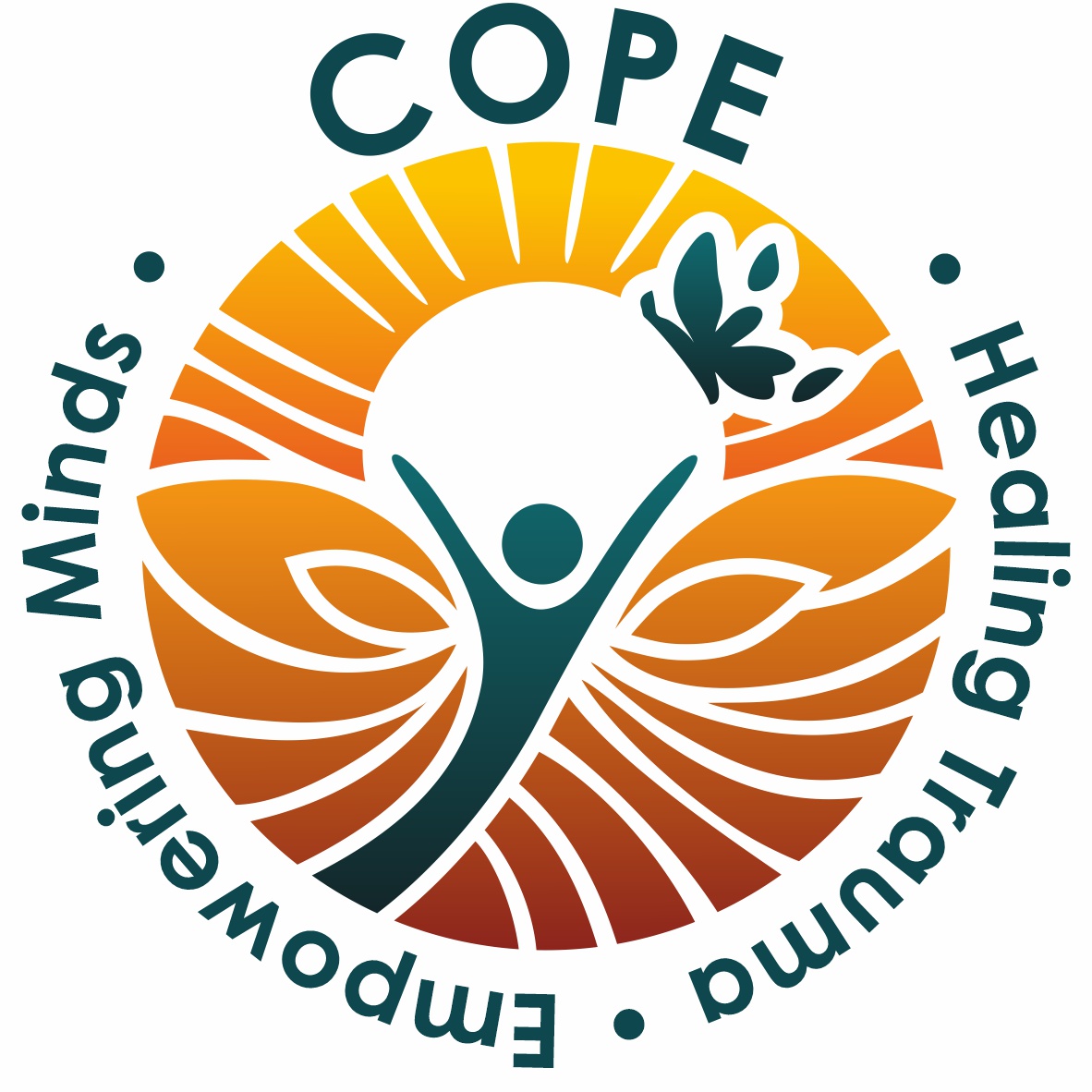Many people who have experienced difficult and traumatic situations, like refugees, often suffer from mental health issues such as post-traumatic stress disorder (PTSD), depression, and anxiety. Studies show that about one-third of refugees may experience these mental health challenges. While we don’t have specific data for the current conflict, similar issues have been observed among internally displaced people in Ukraine.
Getting the necessary help for these mental health problems can be tough due to various challenges. These challenges include the stigma associated with mental health issues, lack of awareness among both patients and healthcare providers, limited resources, and a lack of skills in providing trauma-focused treatment.
This situation also affects the helpers, volunteers, and educators who work with refugees. They can experience trauma themselves or find themselves in situations that trigger trauma in the learners they are trying to help. Existing resources and materials for them are limited.
The COPE project aims to address these gaps and challenges. All the project partners, including organizations and individuals who work with refugees, have experienced these issues firsthand. They recognize the lack of practical resources, training, and e-learning materials for educators and volunteers in this context.
The project plans to:
– Collect and review best practices and approaches used to prepare educators in various education sectors across Europe to work with traumatized individuals.
– Develop training courses for non-formal adult educators and volunteers using situational simulations to help them handle critical situations in the classroom or other settings.
– Create easy-to-understand infographics and compile them into a handbook.
– Develop an e-learning course.
– Launch an awareness campaign among adult educators through platforms like EPALE and social networks to help them understand trauma and reduce stigma.
The project aims to equip educators with better skills and competences, ultimately helping traumatized individuals reintegrate into European society. This, in turn, will reduce the impact of the war on the European education sector.
The COPE project is innovative because it adapts the established methodology of Simulation-Based Education in Trauma Management to the needs of adult educators and volunteers. While there are resources and practices available for psychologists, there is a significant gap when it comes to educators and volunteers working with traumatized individuals. COPE seeks to fill this gap with a practical and urgently needed approach. Furthermore, the project includes a needs assessment involving empathy interviews with adult educators from Ukraine, ensuring cultural sensitivity and relevance. An awareness campaign and training formats will also help combat stigma associated with trauma.
COPE has the potential to create synergies between different fields of education, training, youth, and sport. While its main focus is on non-formal adult educators and volunteers, the materials and simulations can be adapted to other sectors, such as vocational education and training, higher education, youth work, and sports coaching. COPE aims to create a transferable approach that can benefit individuals in various learning and support environments.
-
Results:






